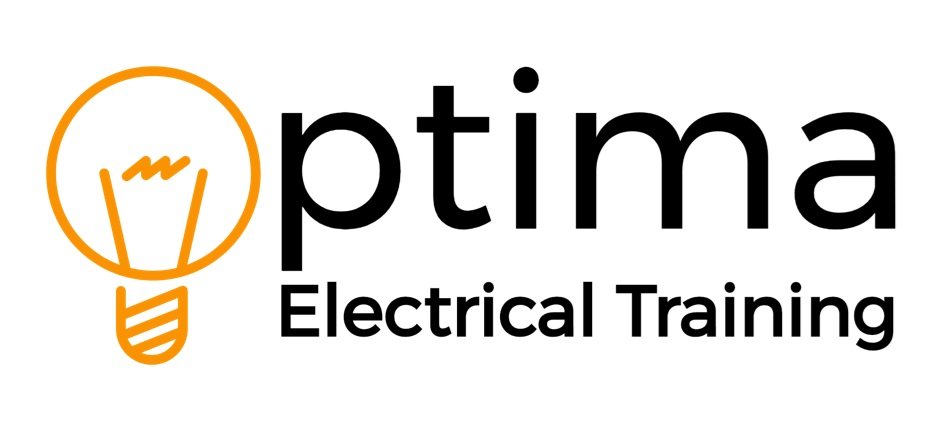Navigating the Cost-of-Living Crisis: A Challenge to UK's Sustainability Goals
The UK's ambition to become more sustainable is facing a significant roadblock: the cost-of-living crisis.
According to a recent report from Cadent, the UK's largest gas distribution network, financial pressures are significantly hindering households' ability to adopt greener lifestyles.
Survey shows cost-of-living is a major barrier to households becoming more eco-friendly.
If provided with grant funding to install energy features, 70 per cent would use the money to pay bills instead.
The High Cost of Being Green
The report highlights a startling reality: 74% of people in the UK consider being environmentally friendly to be more expensive. Furthermore, 58% of the population is not adopting sustainable behaviours because the cost-of-living crisis is making it financially unfeasible. This indicates a clear need for solutions that can bridge the gap between environmental aspirations and economic realities.
The economic downturn has forced almost a third (32%) of UK residents to put their sustainability efforts on pause. This pause is not due to a lack of desire to be green but rather an immediate need to manage financial pressures.
The Dilemma of Financial Assistance - Misdirected Funding
The Cadent report uncovers a paradox: even when households are offered grants to install energy-efficient features in their homes, the majority (70%) would prefer to use these funds to pay off their energy bills. This preference underscores the immediate financial burdens many are facing, which overshadow the potential long-term benefits of energy efficiency investments.
Lack of Investment in Long-term Solutions
Despite the recognition of the importance of being environmentally friendly (with 53% acknowledging its importance), the actual implementation of sustainable measures, such as installing heat pumps, is notably low. Over half of the respondents admitted they would not use financial grants for their intended purpose, highlighting a significant barrier to achieving energy efficiency.
The Trade-off: Saving Money vs. Saving the Planet
For many, the drive towards sustainability is intertwined with financial savings. Practical measures like reducing heating, conserving water, and purchasing second-hand clothes are primarily motivated by the desire to save money, rather than purely environmental concerns.
The report further reveals a reluctance to undertake more substantial investments in sustainability, such as buying electric vehicles (EVs) or installing solar panels, with 62% and 66% of respondents, respectively, citing cost as a significant barrier.
The Path Forward: The Need for Collective Action
Mark Belmega, Director of Social Purpose and Sustainability at Cadent, emphasizes the importance of collaboration across sectors to support households in their energy transition. He argues that grant funding alone is insufficient to overcome the challenges posed by the cost-of-living crisis, suggesting that a more holistic approach is needed.
In conclusion, the "Energy Diaries: Fair Sustainability" report sheds light on the pressing challenge of making sustainability affordable in the face of the cost-of-living crisis. As the UK strives to meet its net-zero targets, the need for innovative solutions that address both environmental and economic concerns has never been more critical.
If you're considering a career change or looking to enhance your existing skills, now is the perfect time to take the initiative and enrol with Optima Electrical Training. With the availability of interest-free payment plans, it's easier than ever to get started.
Contact us today to embark on your training journey.
Contact us: Request Information
Email: info@optima-ect.com
Freephone +44 800 0371572


